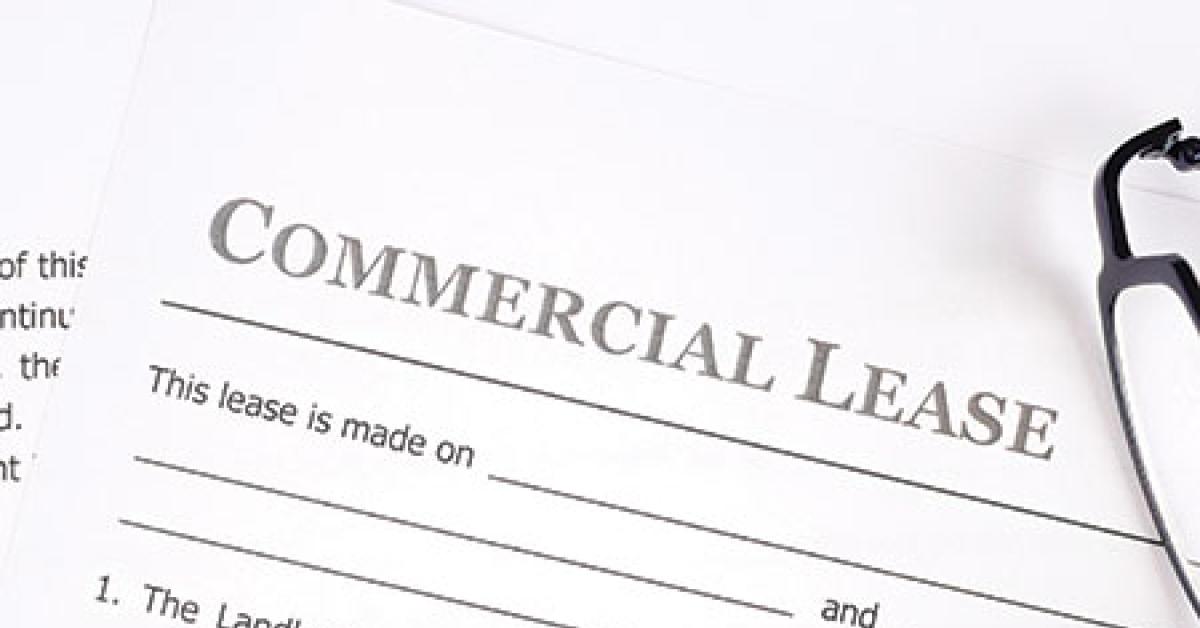CHICAGO — It’s time for your lease renewal. Are you ready to negotiate? If you’re like many owners of service businesses, your answer is “No.” But a lack of preparation can be costly.
Rent is typically a business’ second largest operating expense after labor. And the common industry practice of adjusting staff levels to reflect a changing business environment simply won’t work with lease payments: You’re pretty much stuck with them once you’ve signed on the bottom line.
It’s more important than ever to negotiate a better deal in today’s real estate environment, characterized as it is by rising prices. The higher the rent, after all, the greater the damage to profits.
“The market for retail space has changed significantly in recent years,” says William D. Himmelstein, CEO of Chicago-based Tenant Advisory Group, a real estate tenant brokerage firm. “Across the country, there is less space available. Landlords are keenly aware of that, so rental rates are on the increase.”
What’s behind the tightening of available space? The post-2008 economic rebound has a lot to do with it. But so does the growing availability of business loans.
“When lending loosens up, more people are able to start businesses,” says Himmelstein. “When that happens, they need space. And we are starting to see a more business-friendly environment with more borrowing opportunities.”
Things are coming together to put pressure on the best locations.
START EARLY
When should you start planning your own strategy for landing a better deal? Early, according to the experts.
“Time is your friend in real estate,” says Himmelstein. “The earlier you can start thinking about renewal, the more advantage you will have over the landlord. … if you delay until three or four months before lease expiration, the landlord will have the upper hand.”
Start too early, on the other hand, and you may find yourself locked into your current spot when a better location becomes available. So, what’s a good compromise?
“The short answer is one year in advance of the lease expiration,” says Dale Willerton, a Los Angeles-based tenant lease consultant and author of Negotiating Commercial Leases and Renewals for Dummies. “But there is a caveat: If you have a renewal option clause, you want to be sure to start at least six months before that.”
The option might not be your best choice but you still want it as a backup. “The renewal option clause is your fail safe, your insurance.”
Before you do anything else, double-check your lease’s expiration date. Get that wrong and your chances of a successful negotiation plunge. And it’s easy to make a mistake when the passage of time impairs memory.
“The day you opened your store is not necessarily the day your lease expires,” cautions Willerton.
IMPROVE TERMS
If your lease is like most others, it calls for a five-year term and one or more five-year renewal options. But the renewal option, while designed to offer some protection to the lessee, is not necessarily your best choice.
“One of the biggest myths is that the only way to renew your lease is to exercise your renewal option clause,” says Willerton. That’s not the case. In fact, if you do so, you suffer a significant downside: Everything but the rent amount will be off the negotiating table. That’s a lousy negotiating position to be in.
No wonder that in 98% of the lease renewals negotiated by Willerton, the renewal option is not exercised.
“Bear in mind that, most of the time, the landlord wants you to stay,” he says. “That gives you some negotiating leverage. You lose that, though, if you exercise your renewal option.”
Check back Monday for Part 2: Creating a “Plan B,” due diligence, and taking the initiative.
Have a question or comment? E-mail our editor Dave Davis at [email protected].
